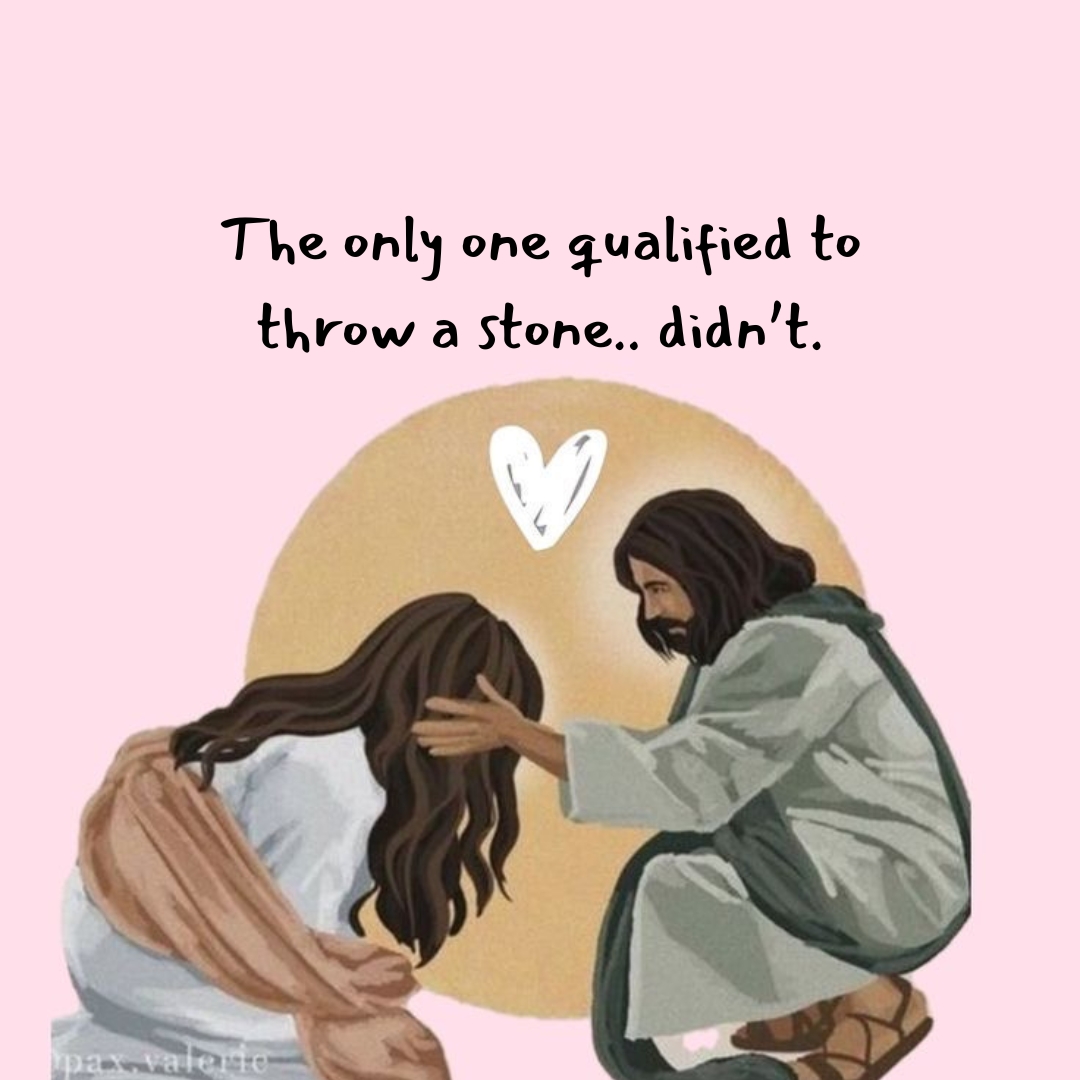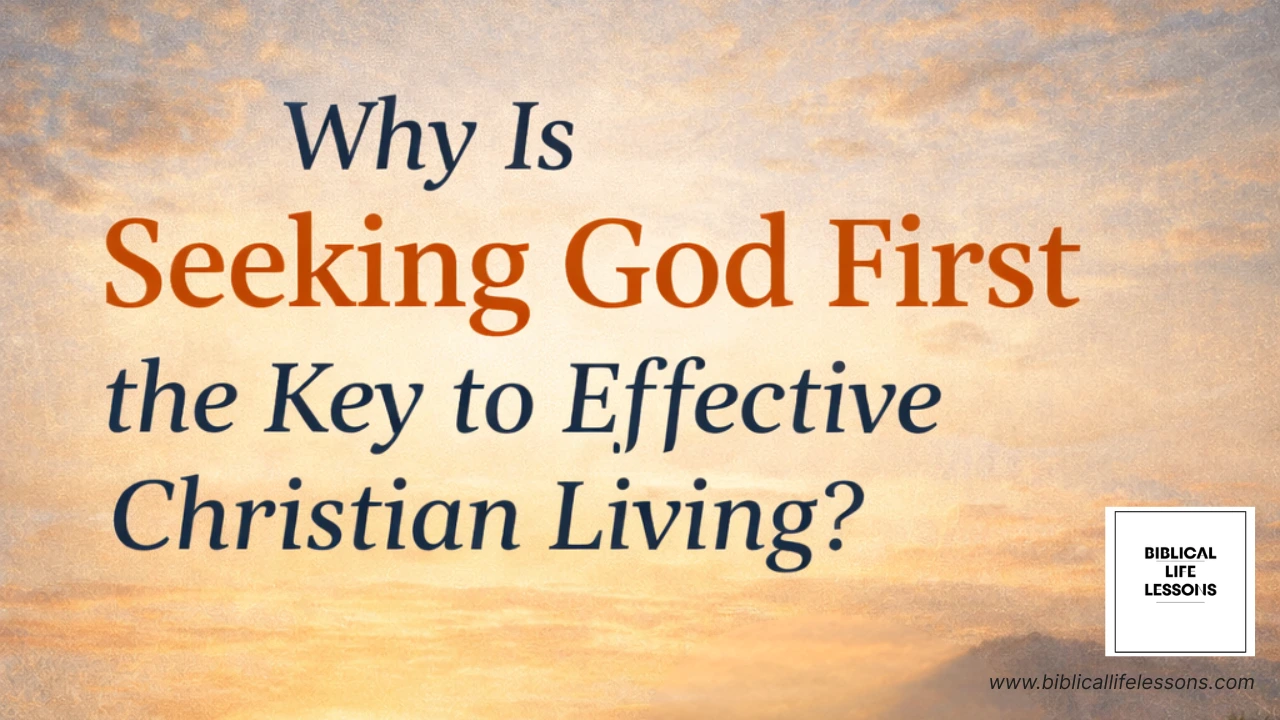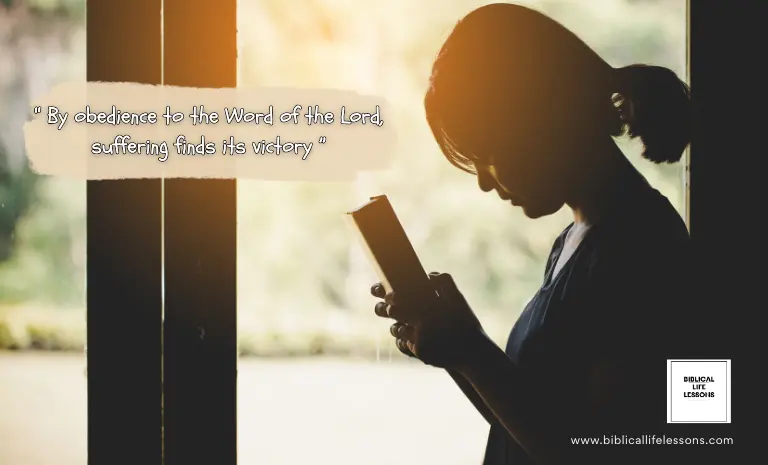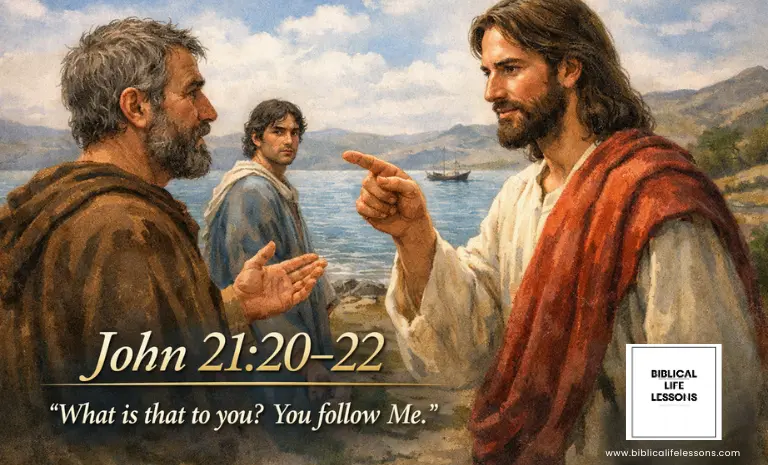In John 8, we find one of the most powerful and heart-piercing moments in Scripture — a story that reveals the very heart of God’s mercy. A woman caught in adultery is dragged before Jesus by the Pharisees, shamed and humiliated, her sins shouted in public for all to hear.
They demanded justice. They demanded punishment. And then came the question meant to trap Him:
“Now Moses in the law commanded us, that such should be stoned: but what sayest thou?” (John 8:5 KJV)
Jesus stooped down and wrote on the ground, silent — as if their accusations carried no weight before divine grace. Then He looked up and said the words that echo through eternity:
“He that is without sin among you, let him first cast a stone at her.” (John 8:7 KJV)
And one by one, from the eldest to the youngest, they walked away.
The only one qualified to throw a stone… didn’t.
The Power of Grace Over Judgment
This moment teaches us why Jesus didn’t condemn the adulterous woman — because He came not to condemn, but to save.
“For God sent not his Son into the world to condemn the world; but that the world through him might be saved.” (John 3:17 KJV)
Jesus didn’t ignore her sin — He addressed it with both truth and compassion. After her accusers left, He turned to her and said,
“Neither do I condemn thee: go, and sin no more.” (John 8:11 KJV)
He offered grace, but He also offered transformation.
That’s the heart of the gospel — not condemnation, but redemption. Not shame, but restoration.
We All Need That Same Grace
When we read this story, it’s easy to see ourselves as the woman — broken, guilty, and in desperate need of mercy. But if we’re honest, sometimes we’re also like the crowd, quick to point fingers and slow to offer grace.
Yet the truth is, we’ve all fallen short.
“For all have sinned, and come short of the glory of God.” (Romans 3:23 KJV)
We all make mistakes. We all stumble.
And just like her, we all need Jesus — the One who looks beyond our failures and sees our potential for redemption.
So instead of judging others self-righteously or hypocritically, we are called to see people through the lens of God’s love and mercy. The same grace that reached down to lift us up is the same grace we must extend to others.
Reflecting Jesus in How We Treat Others
When Jesus said, “Go and sin no more,” He was calling her to a new life — a life free from condemnation and full of purpose.
That’s what grace does. It doesn’t excuse sin, but it empowers change.
As followers of Christ, our mission isn’t to condemn but to restore, to love, and to point people back to Jesus.
So when someone around you stumbles, don’t reach for a stone — reach out with compassion.
When you see someone lost, don’t turn away — walk beside them, share truth, and show love.
Because the same mercy that rescued the adulterous woman is the mercy that rescued us.
Choose Grace Over Condemnation
In a world quick to judge, be the one who shows grace.
In a world eager to condemn, be the one who forgives.
The story of why Jesus didn’t condemn the adulterous woman reminds us of this: Love changes hearts more than judgment ever will.
So choose to love as Christ loved you — even when it’s undeserved, even when it’s hard. Because that’s what grace looks like.
And just as Jesus said to her, He whispers to us today:
“Neither do I condemn thee: go, and sin no more.”
Subscribe for Daily Email Devotionals









